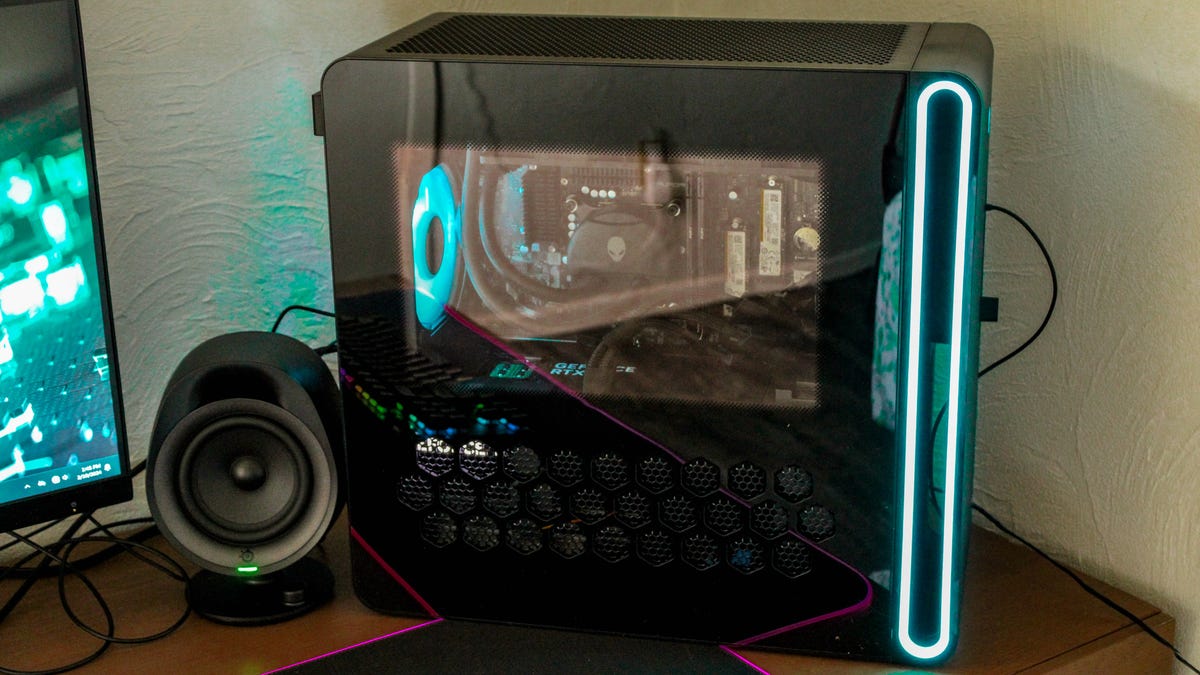BOOK THIS SPACE FOR AD
ARTICLE ADThe US chipmaker Intel has filed a claim for EUR 593 million (nearly $624 million or Rs. 4,800 crore) in interest from the European Commission, five months after it convinced Europe's second-top court to scrap a EUR 1.06 billion (nearly Rs. 8,600 crore) EU antitrust fine, an EU filing showed on Monday.
Europe's top court paved the way for such damage demands last year in a landmark ruling which ordered the EU executive to pay default interest on reimbursed fines in annulled antitrust cases.
Judges said late payment of interest will itself incur interest as well.
Intel in its application to the Luxembourg-based General Court said the Commission, which acts as the competition watchdog in the 27-country European Union, had refused to reimburse the company the default interest.
The Commission returned $1.2 billion (nearly Rs. 9,300 crore) to Intel after its court defeat in January this year.
Intel said its claim is based on an interest rate equivalent to the European Central Bank's refinancing rate of 1.25 percent beginning from May 2009, and that this should be increased to 3.5 percent from August 2009 to February this year when the EU repaid the company fine, minus EUR 38 million (nearly Rs. 310 crore) in an interest amount paid to Intel by the Commission.
Recently, Intel also said to have announced to frozen hiring in the division responsible for PC desktop and laptop chips, according to a memo reviewed by Reuters, as part of a series of cost-cutting measures.
Intel is "pausing all hiring and placing all job requisitions on hold" in its client computing group, according to the memo sent on Wednesday. The memo said that some hiring could resume in as little as two weeks after the division re-evaluates priorities and that all current job offers in its systems will be honoured.
"We believe we are at the beginning of a long-term growth cycle across the semiconductor industry and we have the right strategy in place," Intel said in a statement. "Increased focus and prioritisation in our spending will help us weather macroeconomic uncertainty, execute on our strategy and meet our commitments to customers, shareholders, and employees."
© Thomson Reuters 2022
.png)
 2 years ago
101
2 years ago
101 













 Bengali (Bangladesh) ·
Bengali (Bangladesh) ·  English (United States) ·
English (United States) ·